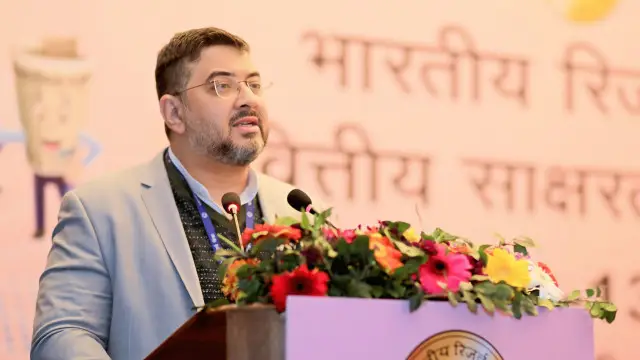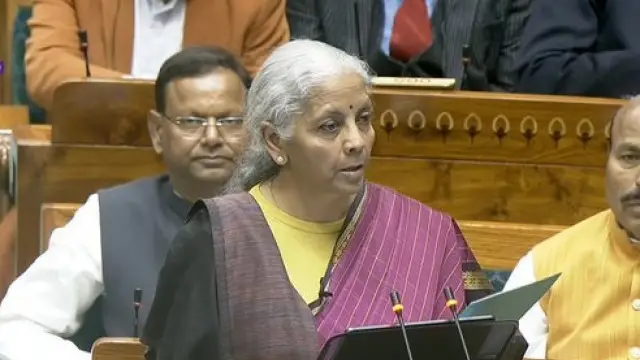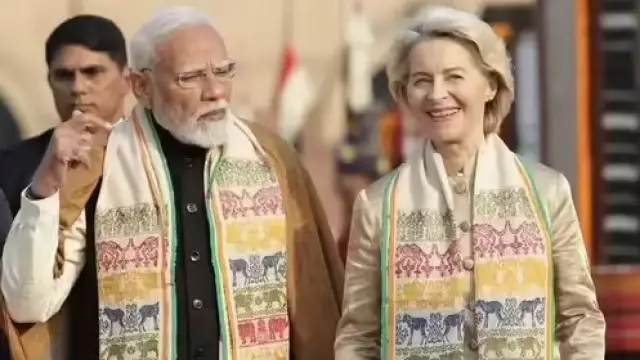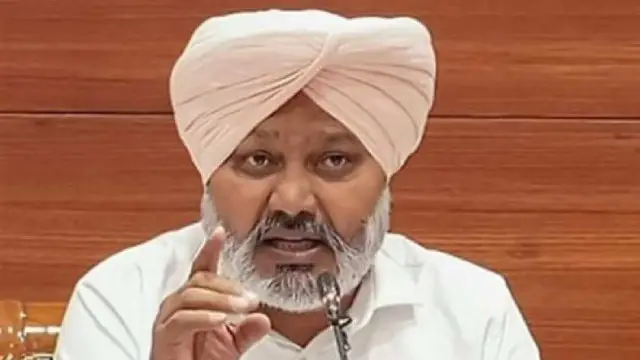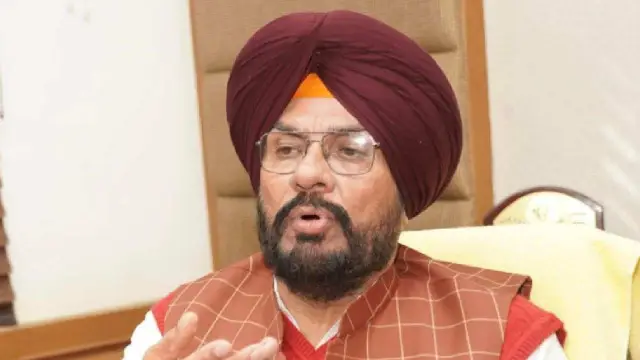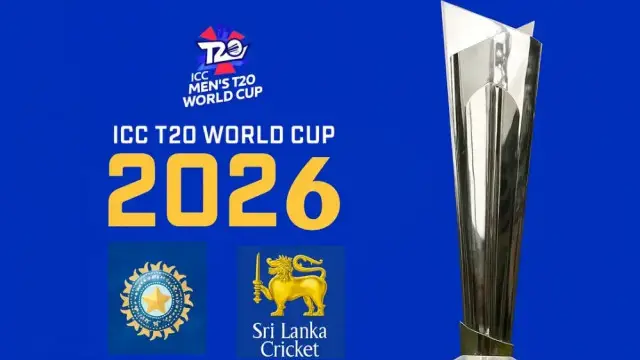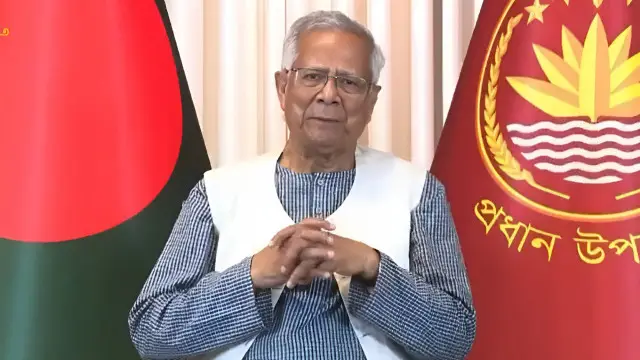Will 500 Rupee Notes Be Scrapped? Naidu’s Bold Call Sparks Debate
Andhra Pradesh Chief Minister N. Chandrababu Naidu has reignited speculation about the future of 500 rupee notes, urging the Centre to discontinue them to combat corruption and promote digital payments.

Andhra Pradesh Chief Minister N. Chandrababu Naidu has stirred a national conversation by urging the Centre to discontinue 500 and 2,000 rupee notes to combat corruption and promote digital payments. Speaking at the Telugu Desam Party’s Mahanadu conclave in Kadapa on May 27, 2025, Naidu argued that high-denomination notes fuel black money in politics and real estate. His proposal, widely discussed on X, has reignited debates about demonetisation, with some praising his vision for transparency and others questioning its feasibility. The Finance Ministry has denied any such plans, but Naidu’s remarks keep the issue alive.
Naidu’s Case for Scrapping Notes
Naidu’s call stems from his long-standing advocacy for curbing black money, a stance he reiterated after a recent hawala racket bust in Visakhapatnam involving Rs 1,379 crore. He argued that high-value notes like 500 and 2,000 rupees enable illegal transactions, including vote-buying during elections. By phasing them out and promoting digital payments, Naidu believes India can achieve greater financial transparency. He referenced his 2016 suggestion to Prime Minister Narendra Modi to adopt digital currency, claiming traceable transactions would deter corruption.
Lessons from 2016 Demonetisation
Naidu’s proposal evokes memories of the 2016 demonetisation, when 500 and 1,000 rupee notes were scrapped overnight to tackle black money. While Naidu supported that move, its mixed results—99.3% of banned notes returned to banks—have fueled skepticism about his current plan. Critics argue that demonetisation disrupted the economy without fully curbing corruption, and repeating it could burden small businesses and the informal sector, which rely heavily on cash. Posts on X reflect this divide, with some users supporting Naidu’s push for a cashless economy, while others call it impractical.
Public and Political Reactions
The public response, amplified on X, ranges from enthusiasm to concern. Supporters see Naidu’s idea as a bold step toward modernizing India’s economy, aligning with global digital payment trends. Critics, however, highlight the challenges for rural areas with limited internet access. The Finance Ministry’s quick denial suggests no immediate policy shift, but Naidu’s influence as a key BJP ally keeps the debate alive. Opposition leaders have called for broader consultations before any drastic measures.
A Digital Future?
Naidu’s vision hinges on India’s robust digital payment infrastructure, like UPI, which he believes can replace cash transactions. However, challenges like digital literacy and cybersecurity risks remain. As discussions unfold, Naidu’s proposal underscores the ongoing tension between economic reform and practical realities, leaving India to ponder whether scrapping 500 rupee notes is a bold leap or a risky gamble.




